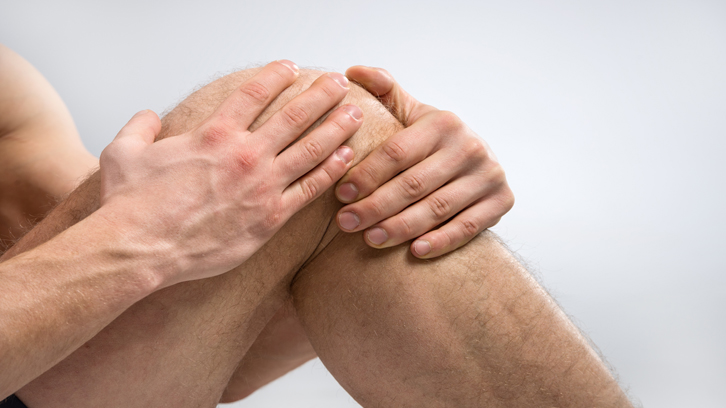More obesity leads to more arthrosis: results from a Catalonian study

Obesity and arthrosis are two health disorders that frequently coexist, especially among the adult population. The worldwide population is not only aging, which results in an increase of arthrosis, but it is also increasing in weight (by 2030 it is expected that 573 million people will be obese). Therefore, these two medical problems will become increasingly important in the future.
Arthrosis is characterized by chronic wear and tear of the cartilage around a joint, eventually leading to the cartilage wearing away completely, especially in the hand, knee and hip. This can cause joint pain and stiffness, and even interfere with the patients’ ability to perform their usual daily activities.
Obesity can lead to arthrosis in several ways; either by mechanical stress on the articular surface of the cartilage of certain joints (such as the knee) which would produce their erosion, or through biological substances originated in the fat of an obese person which would also affect the joint leading to arthrosis (especially in the wrist).
In our study we wanted to determine the effect of the Body Mass Index of a patient (BMI= weight (kg)/height2) on the occurrence of arthrosis of the wrist, knee and hip. The BMI of each patient was divided into four groups: normal weight, overweight, obesity type 1 and obesity type 2. For this study we analyzed a primary health care database called SIDIAP, which gathers medical information on more than 5.5 million patients in Catalonia, representing over 80% of the population of the region.
In total we were able to analyze 1,764,061 patients during 4.45 years. We observed that, compared to those patients who had a normal weight, those who were overweight or obese had more risk of suffering arthrosis in all three sites but more especially in the knee; those who were overweight, obese type 1 and obese type 2 had 2, 3 and 5 times more risk of suffering from arthrosis respectively.

Graphic of the results. Carlen Reyes.
We reached the conclusion that being overweight or obese increased the risk of suffering from arthrosis, but also that this risk increased with increasing weight.
References
Reyes, C., Leyland, K.M., Peat, G., Cooper, C., Arden, N.K., Prieto-Alhambra, D. Association Between Overweight and Obesity and Risk of Clinically Diagnosed Knee, Hip, and Hand Osteoarthritis: A Population-Based Cohort Study. Arthritis & Rheumatology. 2016. 68: 8. 2326-5205. http://dx.doi.org/10.1002/art.39707

